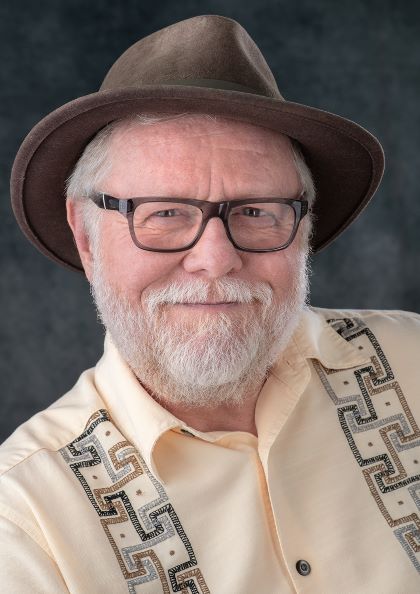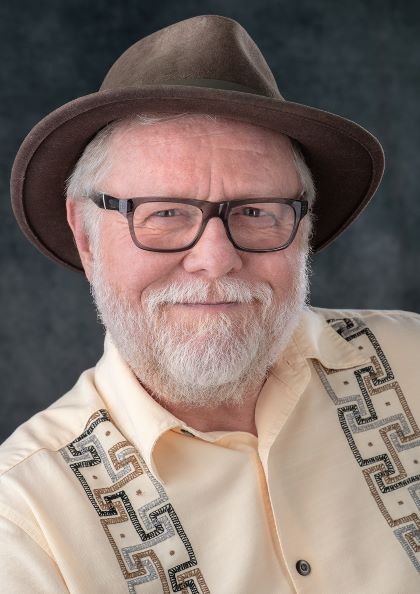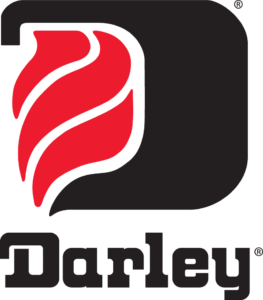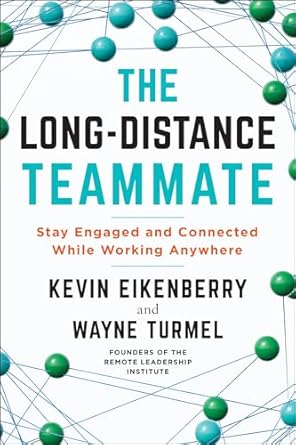
Wayne Turmel is a co-founder of the Remote Leadership Institute, and co-author of The Long-Distance Leader and The Long-Distance Teammate. Wayne provides insights into the evolution of the workplace, the challenges of remote and hybrid work, and how leaders can adapt to these seismic changes.
Wayne emphasizes the importance of intentionality in remote leadership and explores how technology, communication, and accountability shape successful remote teams. He introduces practical frameworks like the “3 Cs” of culture: Communication, collaboration, and cohesion. He explains why trust is at the heart of remote work, and covers the pitfalls of micromanagement, the necessity of proactive behavior in teams, and the role of leaders in navigating the complexities of hybrid work.
Key Takeaways
[03:15] Wayne reflects on the technological advancements that have revolutionized remote work. He mentions how tools like Zoom, Slack, and Teams replaced older platforms like Skype for Business, transforming communication and collaboration. He explains that the pandemic accelerated the adoption of remote work, turning what was once a prediction into a global reality.
[05:12] Wayne explains that trust is essential for remote work to succeed. He outlines three key elements: a shared mission, effective use of technology, and accountability. Trust enables team members to rely on one another, and without it, remote teams can struggle to function.
[06:41] Wayne highlights the need for intentionality in remote leadership. Unlike in-person settings, remote leaders can’t rely on casual interactions or physical cues to gauge how their team members are doing. Instead, they must proactively check in, build relationships, and create opportunities for engagement.
[13:03] Wayne introduces the “3 Cs” of culture: Communication, Collaboration, and Cohesion. He explains how teams can intentionally design their culture by focusing on how they communicate, how work is done, and how team members connect. He shares practical examples, like creating informal Slack channels for casual conversations, to foster connections.
[18:23] Wayne emphasizes the importance of proactivity. Great teammates go beyond their job descriptions—they step up during meetings, reach out to struggling colleagues, and contribute ideas. Proactivity builds trust and strengthens team dynamics, which is critical in remote settings.
[25:40] Wayne argues that micromanagement undermines trust and creates unnecessary stress. Instead of focusing on how much time employees spend logged in, leaders should evaluate their teams based on outcomes and contributions. Micromanagement often leads to frustration and disengagement, both for leaders and employees.
[31:42] Wayne notes that 70% of white-collar work now involves writing, yet many employees haven’t been trained in effective communication. As remote work relies heavily on emails, chats, and written reports, he encourages leaders to invest in improving their team’s writing skills to ensure clear and effective communication.
[44:36] Wayne believes the future of work isn’t just about where people work but how they work together. He stresses the need for intentional strategies that balance productivity, flexibility, and employee engagement. For leaders, adapting to these changes requires focusing on outcomes, fostering trust, and maintaining a clear vision.
[46:49] And remember, “We should be in constant evolution and adapt to the new without ever losing our essence or our integrity.” – Pedro Capo
The Leadership Podcast is sponsored by W.S. Darley & Company.
Founded in 1908, Darley remains a family owned and operated business, providing the highest quality equipment solutions to our country’s warfighters and firefighters.
Learn more at darley.com and darleydefense.com
Quotable Quotes
"Trust is the glue of remote work; without it, teams can’t thrive." Share on X "Remote leadership requires intentionality in every interaction." Share on X "Culture doesn’t happen by chance; it’s built through communication, collaboration, and cohesion." Share on X "Micromanaging remote teams is a fast track to frustration—for both leaders and employees." Share on X "Great teammates are proactive, productive, and long-term thinkers." Share on X "Leadership isn’t about where people work; it’s about how they work together." Share on X "The world has changed, and so must our approach to work." Share on X "The future of work isn’t just remote; it’s intentional." Share on X
This is the book mentioned in this episode
Resources Mentioned
- The Leadership Podcast | theleadershippodcast.com
- Sponsored by | www.darley.com
- Rafti Advisors. LLC | www.raftiadvisors.com
- Self-Reliant Leadership. LLC | selfreliantleadership.com
- Wayne Turmel Website | wayneturmel.com
- Wayne Turmel LinkedIn | www.linkedin.com/in/wayneturmel
- Wayne Turmel Facebook | www.facebook.com/wayne.turmel
- Wayne Turmel X | @wturmel





Recent Comments